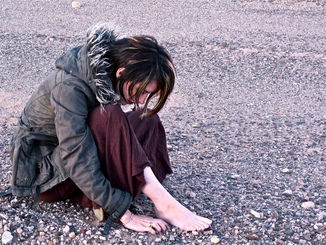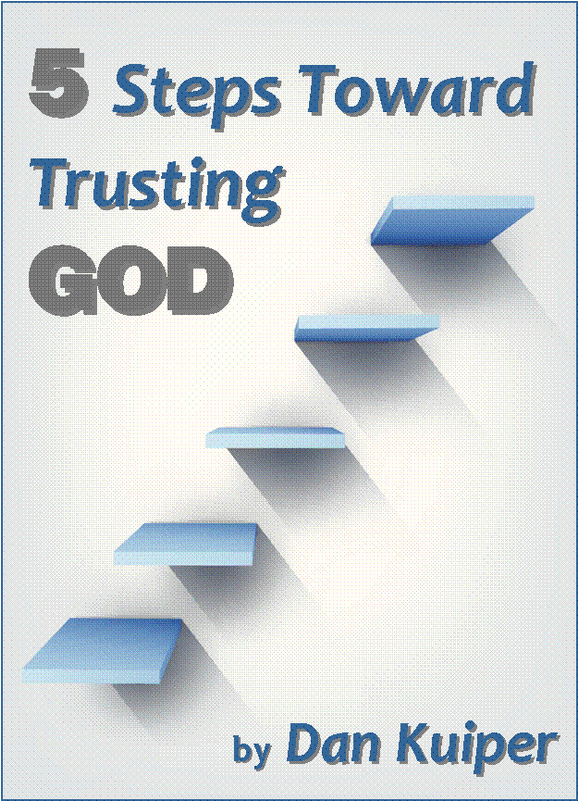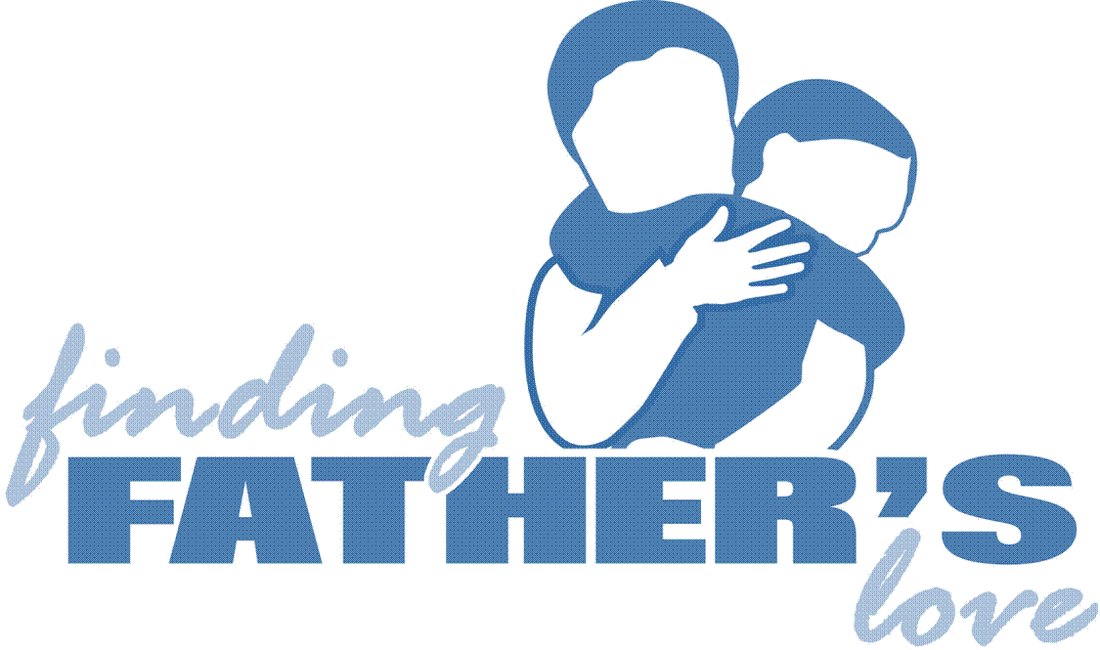
Without minimizing the pain a child experiences as the result of a father’s death, kids whose fathers walk out on their families often suffer greater emotional distress than kids whose fathers die. Children whose fathers desert the family must live every day with the knowledge that their dads have chosen to leave them.
It is not an overstatement to say that this thought has the potential to infiltrate every relationship the child will ever have. It is especially poisonous—and sometimes fatal—to their relationship with their Heavenly Father.
Another factor that rachets up the emotional distress level in the lives of children whose fathers have bailed on their families is that it is significantly more difficult for those left behind to achieve closure. There is a finality in death that cannot be realized in the case of desertion. I witnessed this in living color in the life of my friend, Don.
Don was wounded enough when his father, without warning and after 30 years of marriage to his mother, up and left the family. But Don’s dad didn’t leave completely. He stayed within firing range. Months after the divorce he continued to circle around the family taking pot shots at his ex-wife and kids. The bullets of blame found their mark.
Don tried to fend off the barrage, but his father just kept firing. Don’s dad would call him at all hours of the day or drop in on him at work to complain about how hard his life was, how Don’s mother was nothing but a witch with a capital “B”, and how Don never appreciated all that he did for him and the family.
His father would then lay low for awhile giving Don the false hope that the battle was over. But just when Don’s wounds began to scab over his father would come out of the brush and rip them off with a new assault of accusations.
For a long time Don just kept his mouth shut and suppressed the hurt, trying to convince himself that even a shaming relationship with his father was better than none at all. But one day he had simply had enough. After being interrupted at work for the umpteenth time by a phone call from his father with allegations so familiar he knew them better than the Pledge of Allegiance, Don was pushed beyond his breaking point. In exasperation he countered with a response that resonates well with anyone who has been engaged in a similar manner with an estranged father.
When his father paused briefly to reload Don blurted, “You know something, Dad? Sometimes I wish you were dead. Then I could be done with you.”
Don’s response to his father provided me with clarity concerning a comment I heard from a woman in a support group I once facilitated. She said, “Divorce is like a death with no body.”
There is a closure that comes from death that cannot be attained in the case of divorce or desertion. Grieving the loss of a father who died is different than grieving the loss of a father who left by choice, especially when he continually pops up, doing and saying stupid and hurtful things. Whether a father is taken away or walks away, a dad’s abandonment needs to be grieved.



 RSS Feed
RSS Feed